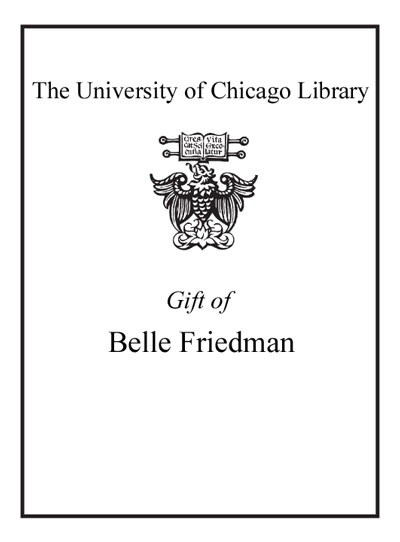| Summary: | "Over the last half-century, Southeast Asia has undergone innumerable, far-reaching changes that have consequences not only for large-scale institutions and processes, but also for everyday life. This book focuses on the topic of power in relation to these transformations, and looks at its various social, cultural, religious, economic and political forms. Consisting of empirically rich case studies, the book works from the ground up, seeking to capture Southeast Asians' own perspectives, conceptualizations and experiences of power. It discusses the machinations of Indonesian politicians and the aspirations and struggles of marginal Lao bureaucrats, as well as looking at the mass 'Prayer Power' rallies in the Philippines and the self-cultivation practices of individual Thai Buddhists. Drawing on these diverse ethnographies, the book lays out a new framework for the analysis of power in Southeast Asia, one which traces how people become orientated towards or away from certain models, practices and configurations of power. It reveals how power cannot be pinned down to a single definition, but is woven into Southeast Asian lives in many complex, subtle, and often surprising ways. Integrating theoretical debates with empirical evidence drawn from the contributing authors' own research, this book is of particular interest to scholars and students of anthropology and Asian Studies."--Publisher's description.
|
|---|

